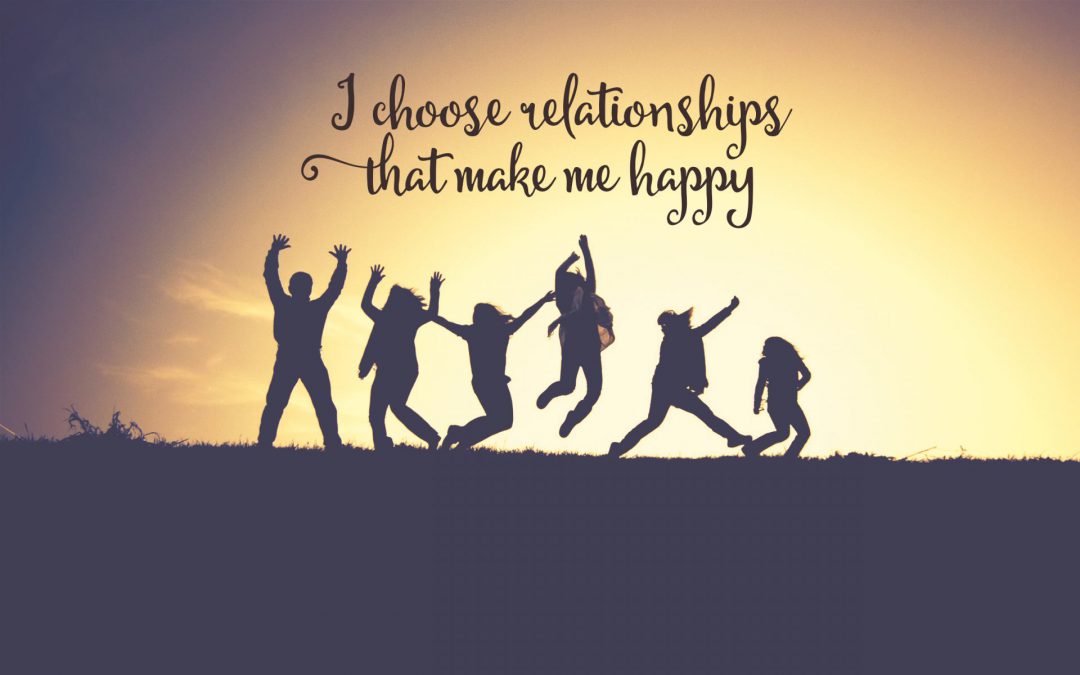Have you ever been hurt? Have you ever waited for an apology that never came? Have you ever felt that someone needed to say “sorry” to you but they didn’t do it? Let’s say a friend throws a party without inviting you, or a co-worker misses a deadline that’s crucial for your favorite project or your partner / spouse really hurts you. You may be gracious enough to forgive if you receive a sincere apology, but what happens if the other person refuses to say the words you long to hear?
Author Robert Brault says, “Life becomes easier when you learn to accept an apology you never got.” Now, it sounds like an awesome idea doesn’t it? But the question is how to make the first move?
One of the things that has personally helped me a lot in situations like this is to always remind myself that the advantages of forgiveness are the same whether the other person apologizes or not. Think of pardoning others as something you do for yourself rather than for them.
- Drop the resentment – “Resentment is like drinking poison and then hoping it will kill your enemies.” – Nelson Mandela. Grudges are like a heavy weight on our being. When you release your anger and disappointment, you’ll free up energy that you can devote to the things you love.
- Be Generous – Each of us makes mistakes don’t we? But unfortunately, we often judge others on their actions and judge ourselves on our intentions. When you give someone a second chance, remember that you’ll probably need one yourself someday.
- Value your relationships. Family and friends are precious. Develop connections that can withstand conflicts. Resolving your disagreements can even draw you closer together when you cooperate on finding solutions.
- Take control of your feelings. You’re in charge of your own happiness. Focus on something that gives you happiness and joy instead of checking your phone to see if your partner/spouse apologized yet. “Letting go gives us freedom and freedom is the only condition for happiness.” -Thich Nhat Hanh
- Let It Go. “Forgiveness is not an occasional act, it is a constant attitude.” – Martin Luther King Jr. Most of all, a loving and forgiving heart is good for your own mental and physical health.
How to Move On Without an Apology?
Sometimes you want to forgive, but resentments still linger. These steps will help you overcome the barriers to reconciliation.
- Everybody has a good side. “True forgiveness is when you can say, “Thank you for that experience.” – Oprah Winfrey. Focus on the positive qualities of the person who has offended you. See how in the past they may have added value to you. Stay in the energy of gratitude for what they have done for you and you’ll eventually start to cherish them for real once again.
- Accept your contribution. In all likelihood, you probably played some part in the conflict. Acknowledge your actions and figure out how to make positive changes.
- Look at it from their point of view. When someone fails to apologize, it usually has more to do with them than with you. They may feel ashamed or vulnerable. When you think about their pain, you may feel like you have more in common.
- Resist all-or-nothing thinking. Distinguish between the human being and their actions. An action may be wrong but that doesn’t make the whole human being wrong. If someone criticizes you unfairly, list the things you still like about him / her.
- Release the negative energy. Venting your feelings in a diary or an imaginary letter helps to sort things out. You can express yourself freely without worrying about widening the divide. Write the letter and burn it to release the energy from your body onto the paper and eventually into the ether. Works like magic every single time!
- Reach out. If someone close to you has trouble apologizing, you may need to make an extra effort. Let them see how you apologize and take responsibility for your actions so they can discover more options.
- Feel free to define your boundaries. On the other hand, you may decide to limit contact if the relationship is dragging you down. You can still have affection and respect for someone but you may need to keep them at a distance at least temporarily.
- Nurture good feelings. The more secure you feel, the easier it is to focus on helping others rather than judging them. You’ll understand that your future depends on your choices rather than real or imagined insults.
Forgiveness allows you to let go of the past and free yourself from anger and resentment. It’s a decision you can make on your own regardless of whether others apologize or show little remorse. And lastly, always remember –“The weak can never forgive. Forgiveness is the attribute of the strong.” ― Mahatma Gandhi



